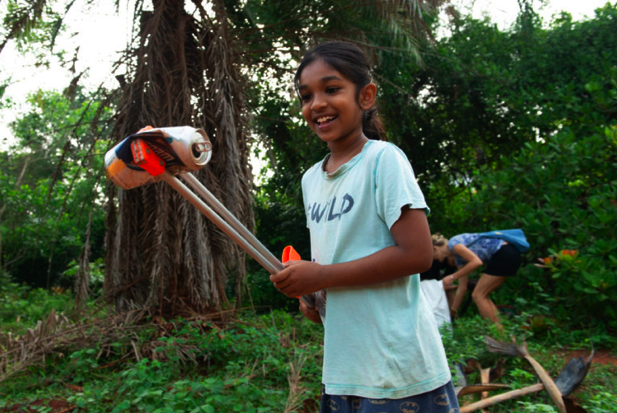Climate Action
This Week on Earth: The World Pushes for Climate Literacy
July 17, 2020
Good morning, and welcome back to This Week on Earth. Each week, we highlight the latest environmental news and what it means for our planet.
Climate change education vital for sustainable future
A recent piece in the The Statesman affirms that enhancing environmental literacy through education and training is imperative in dealing with the challenges of climate change.
Environmental education plays two roles. One is to empower people to participate effectively in environmental decision-making, environmental governance, climate mitigation and climate adaptation. The second is to develop a cadre of professionals who can play an effective role in environmental governance and sustainable development.
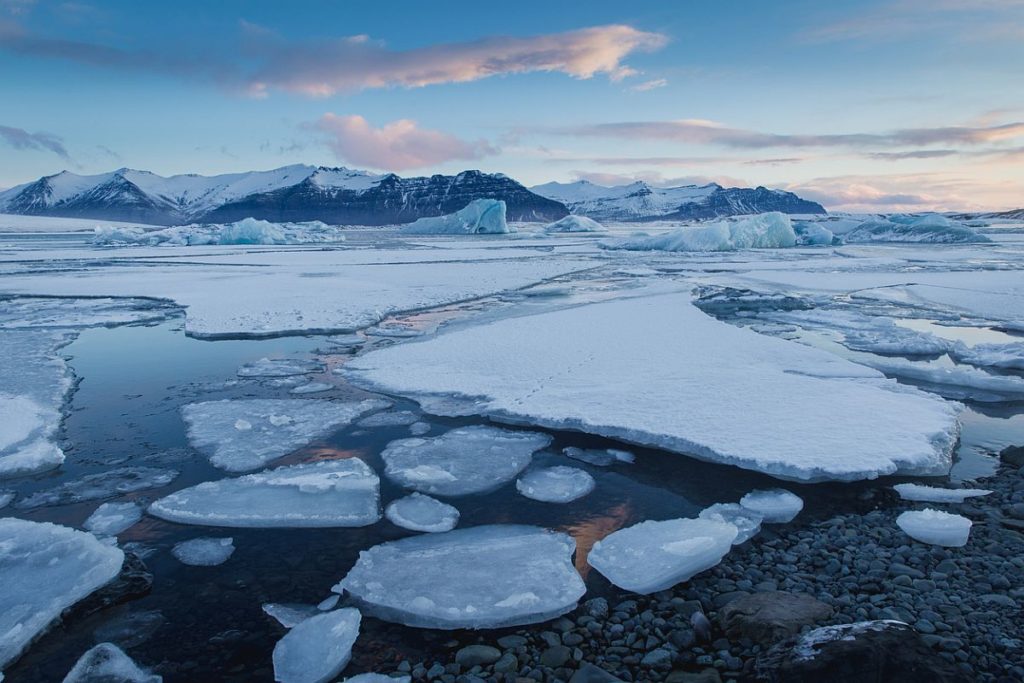
In Mexico, fighting climate change could soon begin in the classroom
The World Economic Forum argues that the role of children as climate change educators is often overlooked in policy – but it can play a significant role. By strengthening the teaching of environmental issues in classrooms, children become empowered as agents of education about climate change – and this drives greater participation by their family.
“The fight against climate change must be strengthened through basic education in classrooms” — Mexican Senator Clemente Castañeda Hoeflich
Read the full story here.
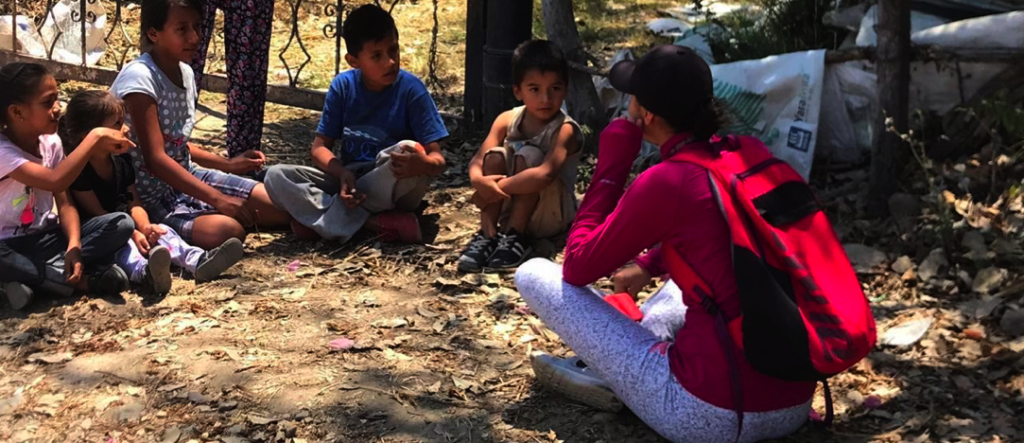
Image: Luis Ramirez
Citizens are demanding environmental education
As detailed by Malay Mail, a recent report from Australian research platform Glow questioned 5,256 citizens across Australia, New Zealand, Canada, the US and the UK about their level of trust and satisfaction with governmental response to climate change. Building on recent momentum in climate education and literacy efforts, over 50 percent of citizens favor educating people about environmental issues rather than other measures to fighting climate change.
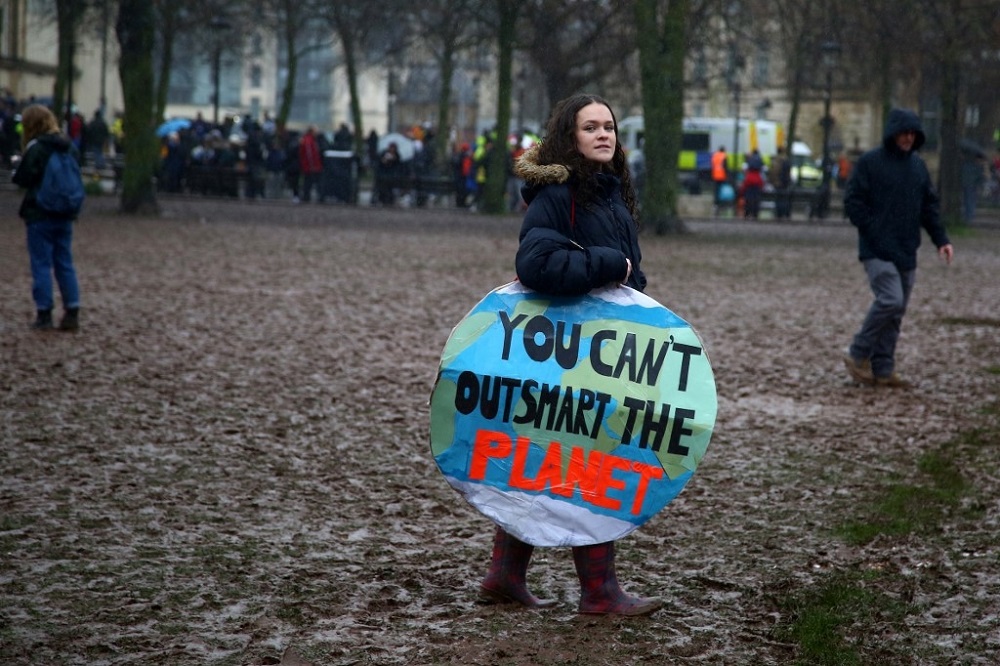
The Benefits of Outdoor Science Education and COVID-19 implications
Environmental and outdoor learning boasts an array of scientifically-proven benefits for students, from increased environmental stewardship and awareness, to improved social, academic, physical and psychological health. Nature deficit disorder, as coined by author Richard Louv in his 2005 book Last Child in the Woods, is the idea that many behavioral problems and challenges facing our students, such as reduced attention spans and obesity, are actually caused by lack of time outdoors. Nature-based learning has shown to be more effective than traditional teaching, to increase attention spans and to reduce stress. It’s no surprise then that pediatricians have started prescribing time outdoors to children.
Read the full story at Smithsonian Magazine.
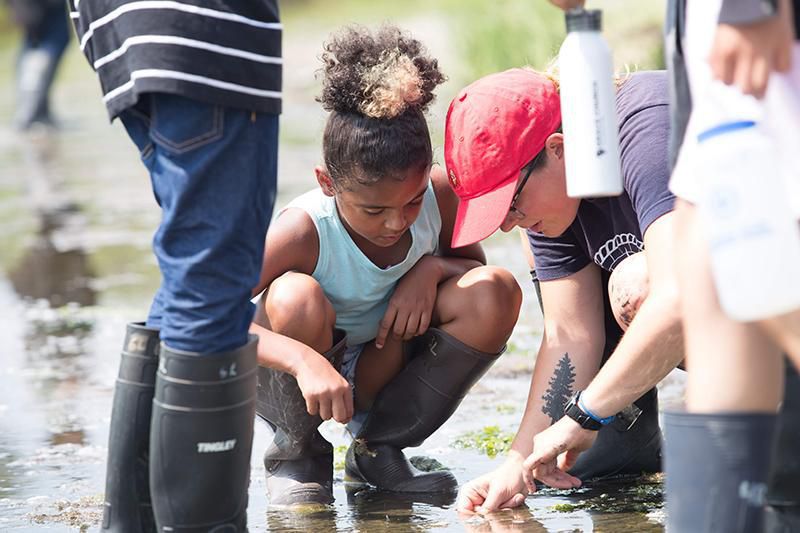
Want to Learn More About Environmental Education and Climate Literacy? Take the quiz!

Get Involved — take action and be part of a Billion Acts of Green
